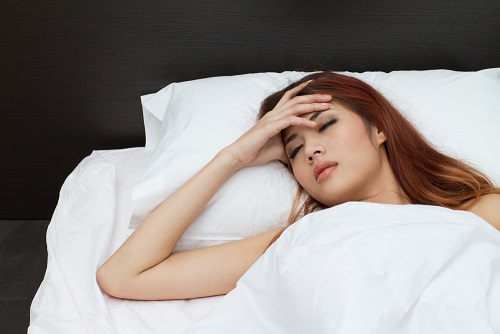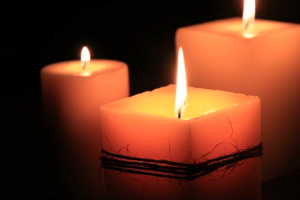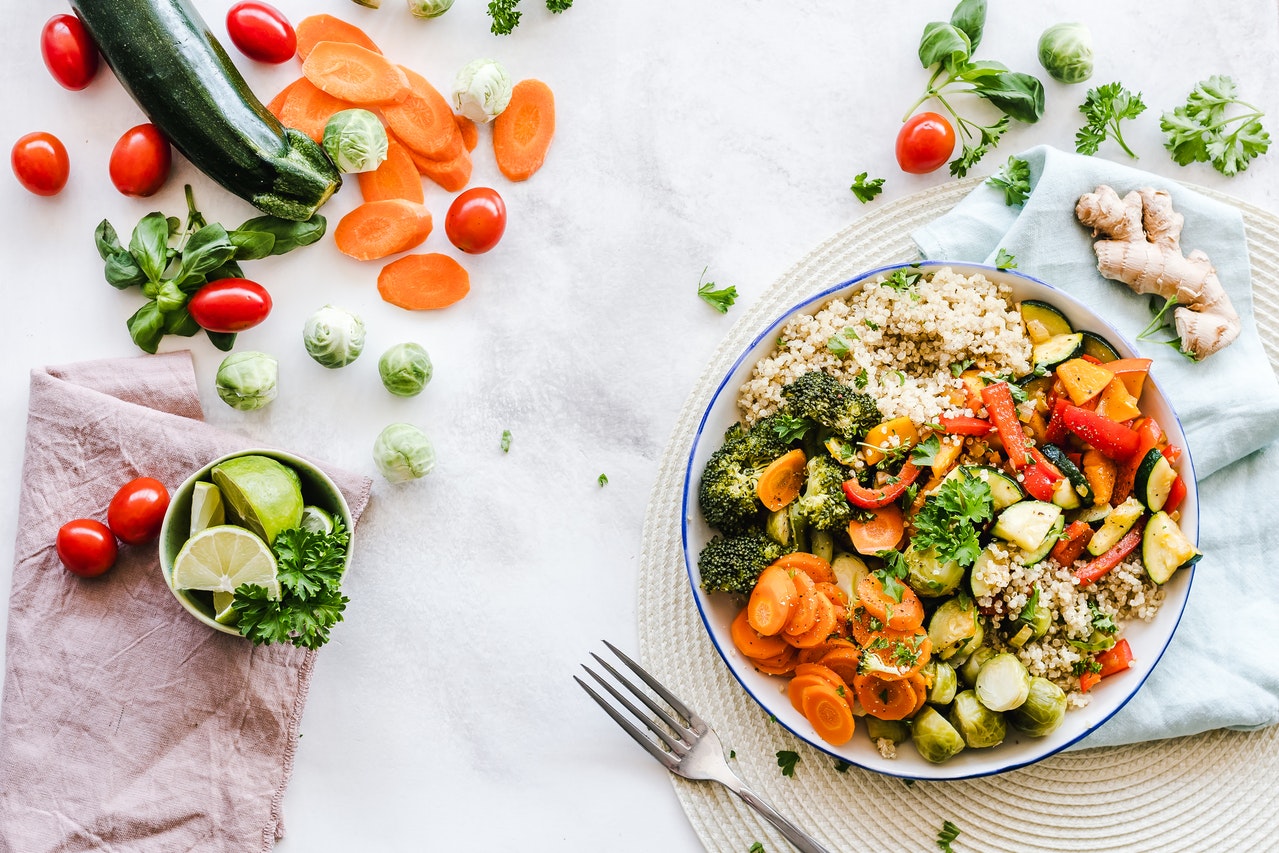We all know the feeling. Tossing and turning late at night, trying to will your body to sleep, growing steadily more anxious because you have to wake up for that important thing in the morning and you just need to PASS OUT ALREADY!
Trouble with sleep is a common plague in the modern age. Unfortunately, willpower tends to be futile in combating it. You are not alone if you have trouble sleeping—according to the Center for Disease Control and Prevention an estimated 50-70 million adults in the United States suffer from chronic sleep disorders—but if collective misery doesn’t make you feel any better, here are some tips that might actually help you get the rest you deserve.
Diet
There are two chemical compounds found in food that are closely linked to successful sleep, melatonin and tryptophan.
Melatonin AKA “The Dracula Hormone” is released by your brain once the sun dips, and prepares your body for sleep. Tart cherries pack the highest melatonin punch by a long shot. Melatonin levels are also relatively high walnuts, corn, and rice.
Tryptophan activates a chemical process that ultimately results in the production of Serotonin, which not only helps regulate sleep but is linked to general happiness as well. If you’re a meat eater go for chicken, turkey, and fish (tuna, salmon). If not, soybeans and tofu are high in tryptophan. And that glass of warm milk you always heard about? Doesn’t hurt either. Four ounces of milk has 15.6% of your daily value of tryptophan.
Turn off your Television
Researchers at the University of Pennsylvania in the U.S. released a study in 2009 suggesting that reducing the amount of time spent watching television could lead to improved sleep habits. Earlier this year, a study at the University of Auckland in New Zealand reaffirmed this idea in a study on children.
As the above article suggests, one reason for this might be that the light released by televisions inhibits the release of melatonin.
Creating a Comfortable Environment
Everyone has different sleeping preferences, but generally a quiet, dark, comfortable environment will produce the best sleep.
Earplugs might be worth the investment if you have noisy neighbors, creaky floorboards, or barking dogs to contend with as you try to doze off.
Ambient noise is often helpful for falling asleep. Consider listening to some ambient—or “comfort noise”—recordings in bed or right before you hit the sack.
Meditation
Buddha probably slept like a rock. Not only does meditation relax your body and slow your breathing, which signals to your body it’s time to drift off, it helps clear your mind of anxiety-producing thoughts that keep you up late squirming around in bed.
Get Cozy!
Experts recommend getting comfortable before trying to fall asleep. Consider warmer blankets, better pillows, or look into bed sales.
What’s this list missing? Give us your favorite techniques for helping yourself get to sleep and stay asleep during the night.






